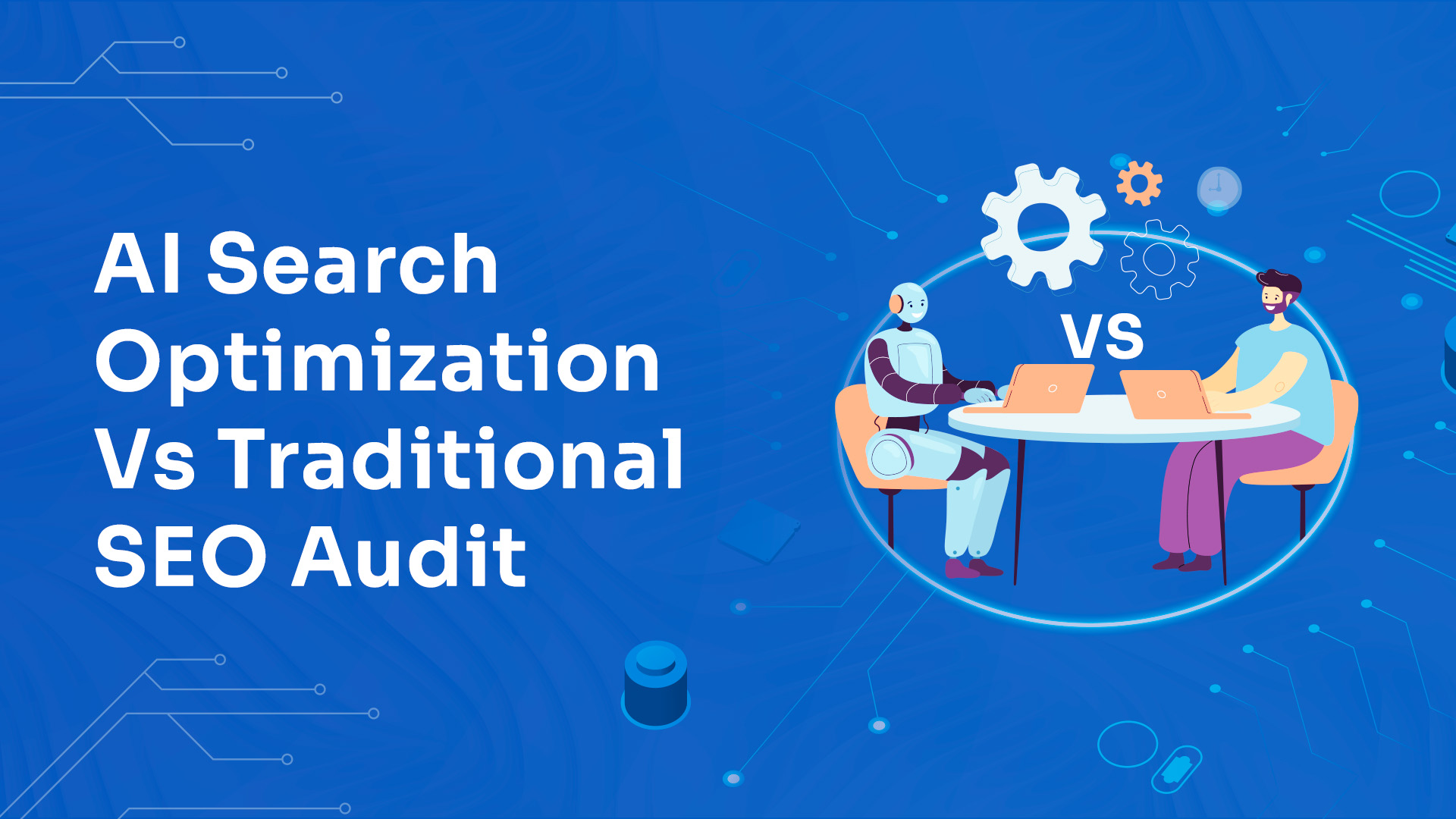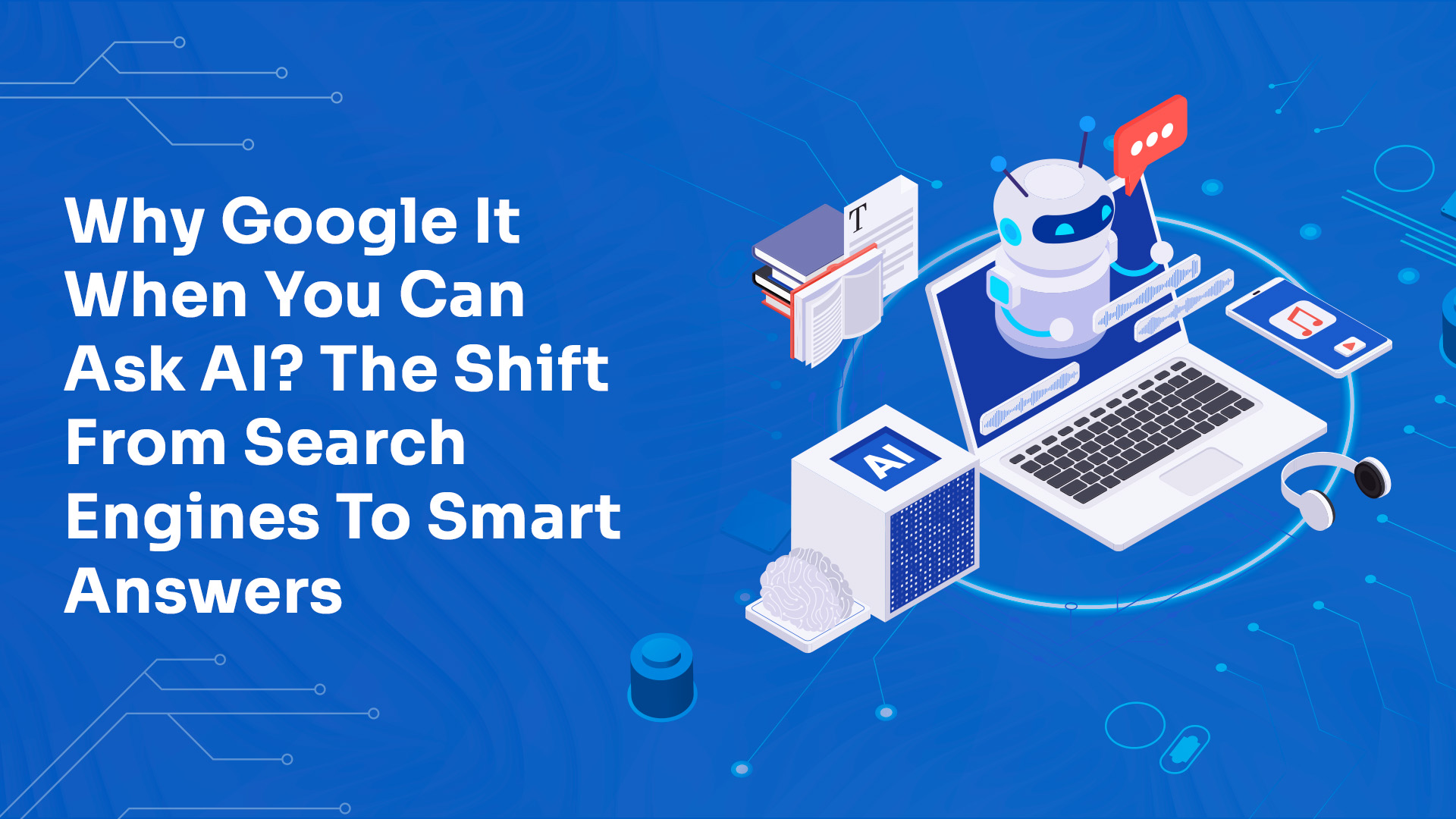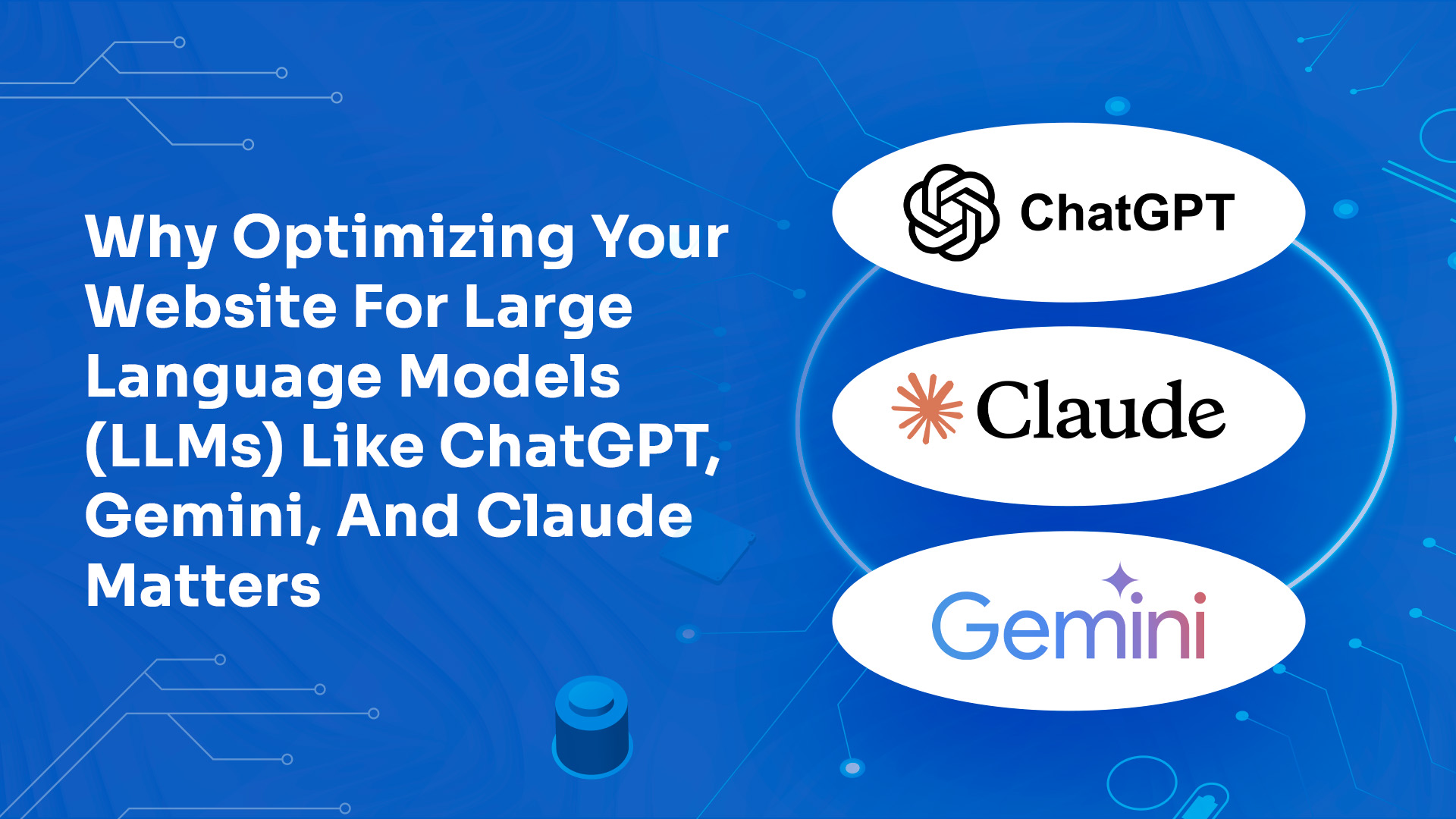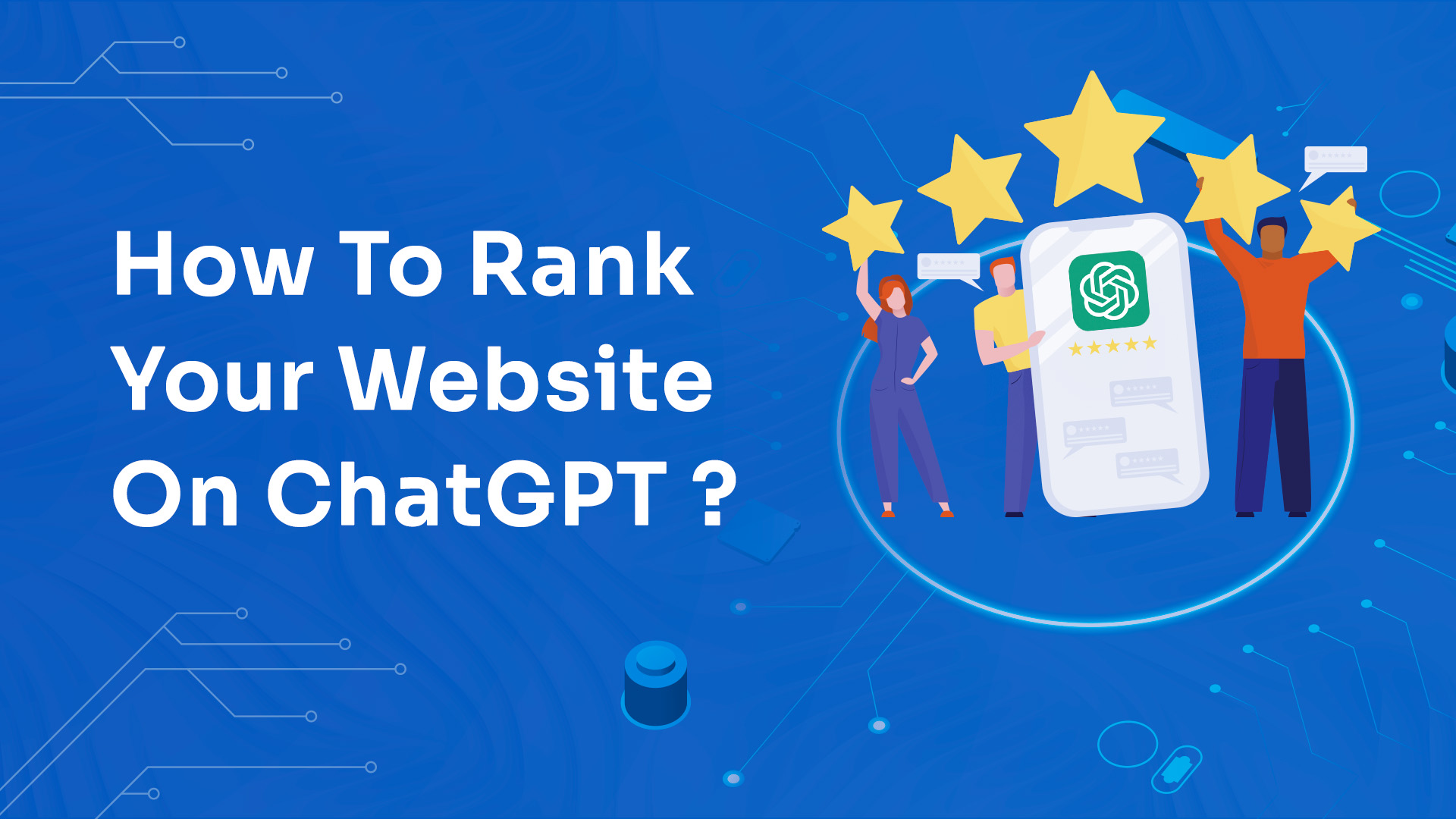
We all know how important it is to rank on Google—but what about ChatGPT?
As more users turn to AI tools like ChatGPT to find answers, recommendations, and even shopping suggestions, optimizing your website for Large Language Models (LLMs) is no longer optional. It’s the future of discoverability.
If you’ve been wondering how to make your website “ChatGPT-friendly,” this guide is for you. Here’s everything you need to know to boost your chances of being featured in ChatGPT responses and other AI-generated answers.
1. Enable Access for AI Crawlers
Just like you allow Googlebot, you also need to allow LLM bots like OpenAI’s crawler.
- Update your
robots.txtfile to explicitly allow OpenAI and other AI crawlers. - Consider adding a
llms.txtfile (an emerging best practice) to tell LLMs which parts of your site are useful. - Keep URLs clean, accessible, and not hidden behind logins or complex JavaScript.
Pro Tip: You can check OpenAI’s crawler documentation here.
2. Write AI-Friendly, Human-Centered Content
LLMs don’t just read your site—they interpret it. Your content must be:
- Useful and original – AI prefers fresh insights over generic fluff.
- Conversational – Write like you’re answering a real person’s question.
- Well-structured – Use headers, bullet points, and tables so ChatGPT can parse your content easily.
- E-E-A-T aligned – Showcase your expertise, experience, authority, and trustworthiness.
Think FAQ-style answers, explainers, and first-hand guides. That’s gold for LLMs.
3. Master Technical & On-Page SEO
You can’t ignore the basics:
- Ensure fast loading, mobile responsiveness, and clean URLs.
- Submit your site to Google and Bing—ChatGPT taps into Bing for live results.
- Use schema markup to help AI understand your site: FAQs, products, authors, reviews, and more.
If you’re not sure how well your site is optimized for ChatGPT or LLMs in general, you can check your LLM Suitability Score at llmaudit.ai. It audits your site and gives tailored recommendations to boost your discoverability across AI tools.
4. Build Brand Authority & Reputation
LLMs notice your online reputation.
- Get brand mentions from reputable sites, forums, and publications.
- Highlight user reviews and testimonials on your site.
- Get listed on industry directories and “top 10” blogs.
The more people talk about you online, the more likely AI is to see you as trustworthy.
5. Improve Your User Experience (UX)
Your website should not only look good—it should feel good to use.
- Clean layouts, easy navigation, and intuitive design are must-haves.
- Regularly refresh your content so it doesn’t go stale.
- Ensure key info is above the fold and easy to find.
A great UX makes people stay longer—and signals value to LLMs.
6. Boost Your Social & Content Footprint
AI models often reference websites with a strong web presence.
- Maintain active social media channels.
- Share your content via guest posts, newsletters, or industry forums.
- Encourage sharing and build backlinks.
A wide digital footprint shows LLMs that your brand is active and relevant.
7. Track, Measure, and Evolve
Optimization is a journey—not a one-time job.
- Check analytics to see referrals from ChatGPT, Bing, or other LLMs.
- Identify which content gets the most traction.
- Follow top SEO and AI marketing blogs to stay current with updates.
AI models evolve constantly—stay in the loop and adapt quickly.
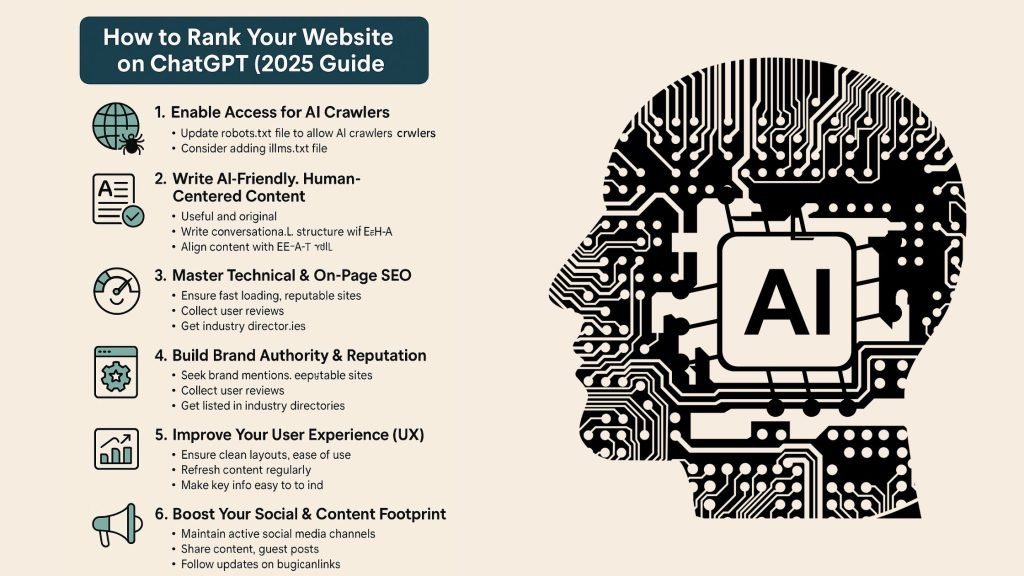
Bonus: How Does ChatGPT Choose Which Sites to Show?
ChatGPT looks for:
- Well-structured content that directly answers questions
- Authoritative sources (brands with E-E-A-T)
- Fast-loading, mobile-friendly websites
- Fresh, relevant, and engaging content
- Sites already indexed by Bing (since ChatGPT uses Bing for search)
Quick Checklist: How to Rank on ChatGPT
Here’s a recap of all the essentials:
- Allow OpenAI and LLM crawlers via
robots.txt - Add a clear
llms.txtfile if possible - Write helpful, human-like, FAQ-style content
- Use clear structure: headers, bullet points, tables
- Improve page speed and mobile usability
- Collect brand mentions, reviews, and directory listings
- Implement schema markup for your key pages
- Keep your content up to date
- Track AI referrals and traffic sources
- Stay active on social and guest posting platforms
- Run a full LLM visibility audit at llmaudit.ai
Final Thoughts: The Future Is AI-Powered
Ranking on ChatGPT isn’t about replacing SEO—it’s about expanding it. By combining traditional SEO practices with LLM-focused strategies, you’ll be positioning your website for visibility in both search engines and conversational AI tools.
Whether you run a blog, e-commerce site, or B2B service, now is the time to prepare for the AI-first future of content discovery.
If you’re unsure where to start, scan your website at llmaudit.ai and get a customized action plan to boost your AI visibility today.
Frequently Asked Questions
1. What is LLM optimization and why is it important?
LLM optimization refers to tailoring your website content and structure so it’s easily understood and favored by Large Language Models like ChatGPT. As AI tools increasingly become search alternatives, optimizing for them helps your site appear in AI-generated answers.
2. Does traditional SEO still matter for ChatGPT rankings?
Yes, traditional SEO is still foundational. ChatGPT relies on Bing for live search, so indexing, page speed, mobile-friendliness, and structured data remain critical—alongside AI-specific practices like conversational content and structured formatting.
3. How can I check if my site is optimized for ChatGPT?
You can use tools like llmaudit.ai, which analyzes your website’s LLM Suitability Score and provides actionable recommendations to improve your AI discoverability.
4. Will adding schema markup improve my visibility on ChatGPT?
Absolutely. Schema markup helps LLMs understand your content better by providing structured data. Use it for FAQs, products, authors, reviews, and more to enhance how AI tools interpret your site.
5. How often should I update my content for ChatGPT visibility?
Ideally, review and update key pages every 3–6 months. LLMs prefer fresh, relevant content, especially for topics that evolve over time. Regular updates also signal credibility and authority.
